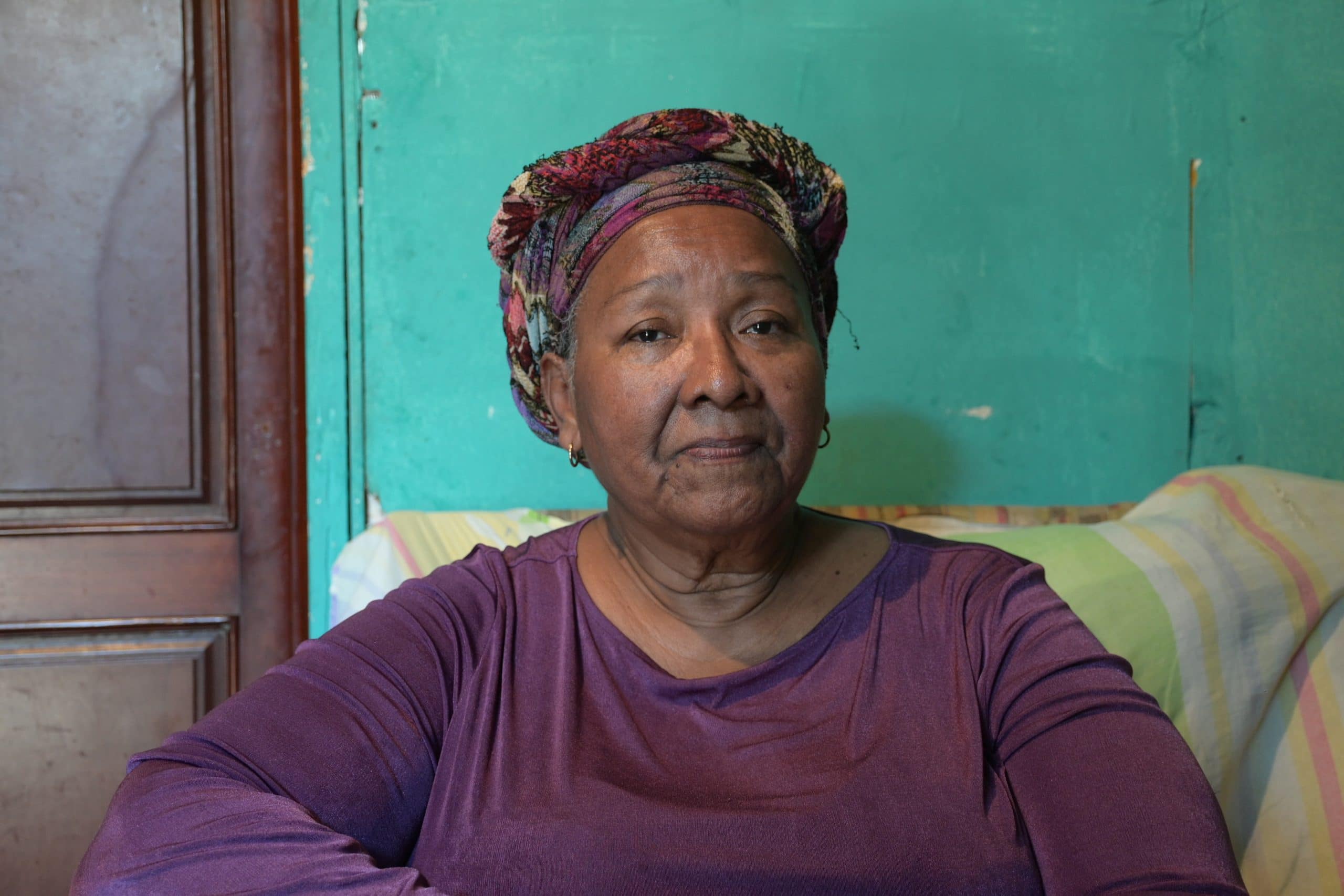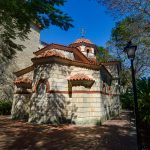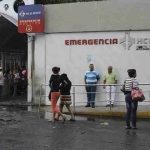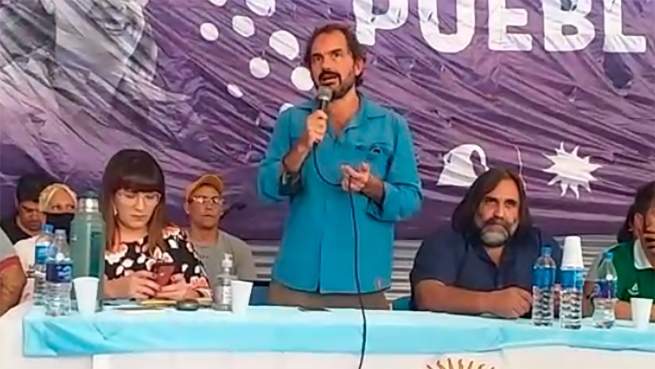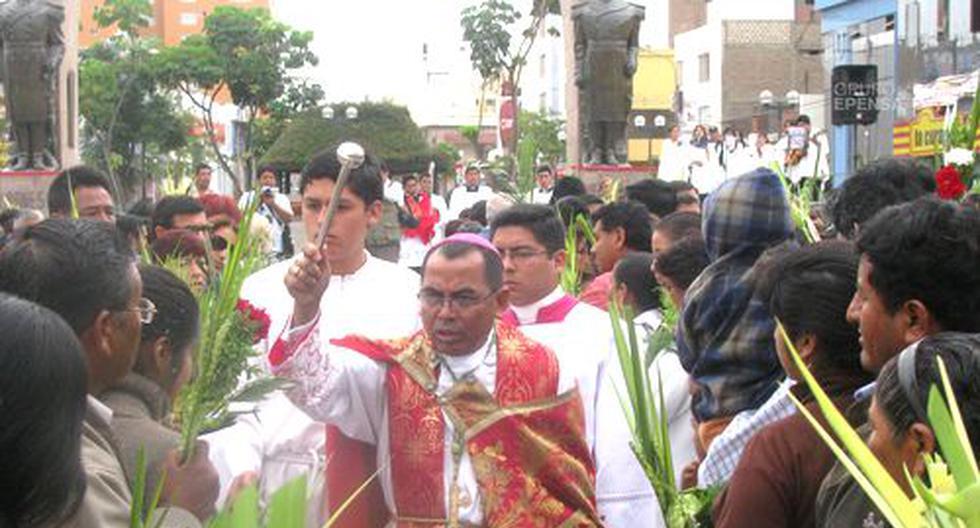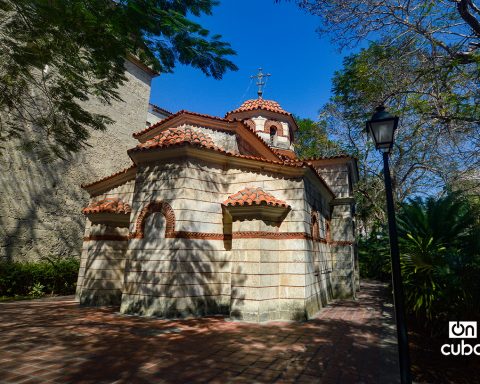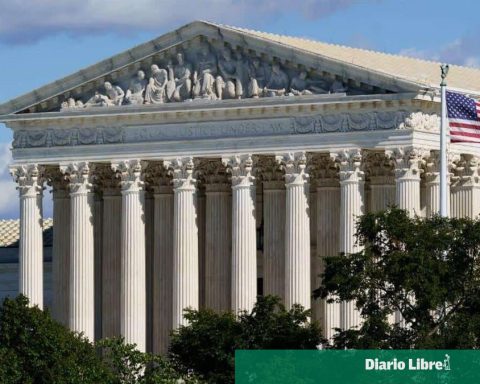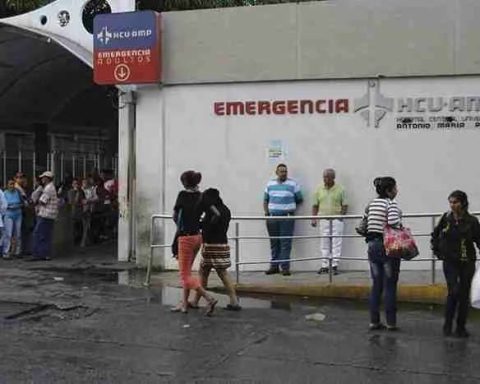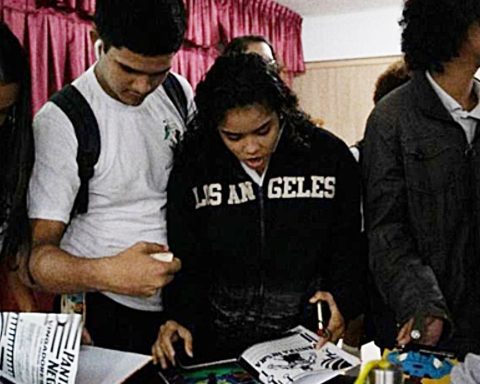Two leaders of the Miskito ethnic group denounced the death of more than 60 of their brothers since 2016, at the hands of settlers sent from other areas of the countryto take possession of the natural riches that abound in that part of the Nicaraguan territory.
“There are more than 62 dead,” says Susana Marley, “Mamá Tara” (Big Mom), spokeswoman for the Indigenous Resistance since the 1980s, originally from the Wangky Maya territory, Cabo Gracias a Dios, exiled in Costa Rica since December 2021 “The last assembly, on March 21, 2021 in Waspam, Río Coco, declared that there are 62 murders of our Miskitus and Mayagna indigenous brothers,” he specified.
Rudwell Rosales, territorial leader of 10 indigenous communities, originally from the Twy Yahbra territory, Puerto Cabezas, ratifies Mama Tara’s count, explaining that 22 of them are recent deaths, remembering Johnny, a community leader murdered in the Sangny Line sector, or a leader who was killed along with her children to invade their lands.
“There is a process of invasion of indigenous territories, especially in the North Caribbean region of Nicaragua,” says Amaru Ruiz, president of the Fundación del Río.
The expert detailed “a constant violation of their human rights, and an increase in the invasion of those territories,” which forces them to move to Honduras, Costa Rica, or to other Miskitu areas and territories in northern Nicaragua.”
No to cohabitation
The Miskitos reject the policy of ‘cohabitation’ with the settlers, and demand that the Nicaraguan State comply with the Law.
“We flatly refuse coexistence or cohabitation between indigenous people and settlers, due to the high risk of ethnocide and the prevailing impunity for crimes against life and community property. You cannot live with those who have violated our rights, and seek by all possible means to take away our communal heritage,” declared the Assembly.
“Since Ortega came to power, he implemented a policy of cohabitationan institution that came to restrict the rights of indigenous communities, who were already facing the plundering of their natural resources,” explained Carlos Guadamuz, a member of the ‘Nicaragua Never Again’ Human Rights Collective.
Jhoswel Martínez, executive director of the Human Rights Observatory, declared that “the armed settlers invade the lands not to harvest or raise cattle, as was initially believed: it is to exploit mining resources,” he added.
Given this scenario, the indigenous Assembly declared that “there are no arrangements of any kind between the communities and the settlers for the lease of community lands. The community assemblies will not accept any agreement on access to communal property outside the law”.
Rice, beans, a little chicken…
Leaving Nicaragua was an extreme measure that made it possible to preserve the lives of the indigenous people, but the realities found outside their territories are very varied.
Ruiz, from the Fundación del Río, explains that no data is known about how many have emigrated to Honduras or Costa Rica, but he understands that those who sought to cross the northern border have greater integration facilities because, basically, they are among their own.
In Honduras they have greater facilities, because all that territory that borders the North Caribbean, was called the Great Moskitia. The presence of a large Miskitu population gives them greater fluidity and ease in settling in these places, including the fact that they can express themselves in their language.
“This is not the case of Costa Rica, an extremely expensive country for the living conditions they had in those territories, and here they do not have the means or the capacity to work the land or to fish, which are their main economic activities,” he said. Ruiz.
Rudwell Rosales, the indigenous leader who recently arrived in Costa Rica, cannot work because he is undocumented, either on his own (he studied agronomy at the Agrarian University), or any work that generates income. “I am having difficulties. Right now, for example, I don’t have money to rent, and the owner told me to vacate the room,” he said.
“If God allows it and I stabilize myself here, I plan to bring my daughters, my family, because they are in danger there, when they come to the house and ask for me, demanding that they tell them where I am,” he exclaimed.
Susana Marley lives a similar situation. She crossed the border with Costa Rica at the end of 2021, in the company of six other people. They all live in a two-bedroom apartment, at a cost of 140,000 colones (215 dollars), where ten people now live.
“Our economic situation is that, if they find work (washing and ironing for others, cleaning houses, washing toilets, taking care of properties), there is food. If they don’t find work, there is no food. Sometimes they work one day, but they are not paid on the same day. Sometimes you get five thousand colones, (about 275 córdobas) sometimes less, but every day it is more expensive to buy rice, beans, oil, a little chicken … ”, he graphed.
Report, in and out
The tragedy of these Miskito communities is not unknown to the national and international system for the protection of human rights. Both Martínez, Guadamuz and Ruiz refer to the efforts they have made to document the cases that have been communicated to them, and bring them to the attention of the supranational bodies that protect these rights. But that has not served to prevent more deaths.
Ruiz points out that the Miskitos continue to demand respect for their indigenous and Afro-descendant territories, despite the fact that Law 445, or Law of the Communal Property Regime, guarantees them ownership of their lands, in addition to the ruling of the Inter-American Court of Human Rights (Awas Tigni versus Nicaragua), mandates the State to comply with that law, especially in what concerns the stage of sanitation of those territories.
“That is a legitimate claim of the Miskitu communities…indigenous and Afro-descendants of the country. In the particular case of the Miskitus, we see an increase in violations – including murders and displacement – of their economic and security rights, which is why they look for other, safer places to live”, he pointed out.
Guadamuz, for his part, recalls that “since 2015, the Inter-American Commission granted precautionary measures to six indigenous communities of the twelve that requested it, because they were attacked, with the intention of displacing them to take their lands and natural resources.”
Since the Government of Daniel Ortega began, these communities began to suffer the results of the State policy called cohabitation, to continue implementing political patronage, promising lands that they do not have. Lands, forests, resources that belong to someone else: they belong to the indigenous communities”, he sentenced.
“From 2020 to date, we are talking about more than 50 indigenous people killed and countless people injured, where there have also been kidnappings, murders, impunity. They are acts of terror, they come to burn houses, to displace communities from their territories,” added Guadamuz.
That is why, from the Nicaragua Never Again Collective, they are documenting the attacks “in the mechanisms for the protection of human rights, the Inter-American Commission, the universal system. They all have information about these massacres,” he assured.
First you have to get out of the Sandinista Front
Although the problem did not begin with Ortega’s arrival in power, the regime’s policies did deepen the suffering of the Moskitian nation, for which the experts consulted expressed their conviction that part of the solution involves a change of government.
“As long as the Sandinista Front government is in place, it is practically impossible for there to be a solution to the problem of the Miskitus, because they do and undo as they please; they grant permits to artisanal miners,” in addition to allowing settlers to invade indigenous lands with police protection,” said Martínez, from the Human Rights Observatory.
Ruiz, from the Fundación del Río, observes that “We cannot talk about a change in their situation… if there is no political change in the country, and at the central level, and that happens precisely by leaving the Ortega Murillo dictatorship.”
Meanwhile, he pointed out that “the alliance of some politicians, especially linked to the Yatama structures with the Sandinista Front, has been detrimental to the autonomy of the Miskito communities, especially in the north of the country. That alliance has led them to demobilize, to give in to many of the leaderships and the demands of the social movement that it once was, before becoming a political party.”
